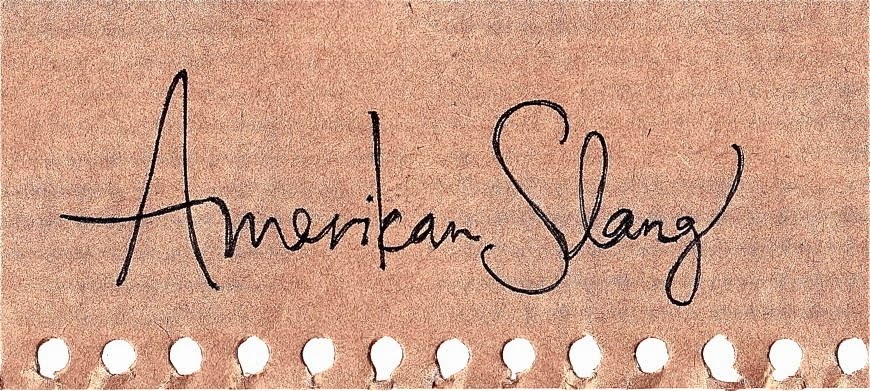Early on in his talk, Lipsitz sums up why ethnomusicology matters today: “At its best, ethnomusicology teaches us about the dynamics of difference, about the generative results that follow from recognizing that cultures are not the same even though we all share a common humanity. In the face of scholarly and civic traditions that find difference so vexing that they frequently can only offer us an unsatisfactory choice between disembodied universalism on the one hand and parochial particularism on the other, ethnomusicology enables us to imagine a third option: a universalism rich with particulars grounded in the dialogue of all, the dignity of each, and the supremacy of none. In short, ethnomusicology can help us see which differences make a difference.”
I love that explanation, because the thing I adore most about music is how it's a universalism rich with particulars -- it's something we all understand and are part of, even if we treasure or create or obsess about or are possessed by vastly different aspects of it. And one thing that draws me to the study of music & musical communities is how, the more time you spend steeped in sound (and steepin' in it with other people), the more clearly and undeniably you understand and love those two truths about music: its utter democracy on the one hand, and on the other, its strange and ceaseless particularities, the sounded form of 7 billion human hearts.
Lipsitz focuses on the lives of two American musico-political revolutionaries, Johnny Otis and Americo Paredes; both were genius-musicians and charismatic inciters of public action in the 1930s, who represented the submerged ethnic bodies of black Americans and Latin American immigrants, respectively. Their music (along with the music of many other musicians who boasted more than one cultural loyalty), helped to transform "immigrants from unwanted aliens into redemptive insiders by celebrating ethnicity and immigration as the quintessential American experiences [...] Like many in their generational cohort, Paredes and Otis found their country’s culture more democratic than its politics.” In my limited life experience, I've always found music to be a natural leveler, a meeting ground, an eraser of hierarchies. Not to say it's a place where people agree or like the exact same thing or feel the same beat -- but somehow, subjectivity itself is validated; in music, we're all creating or being created by sound.
At one point, Lipsitz suggests that "good research about cultural life inevitably has to address the political dimensions of that life... Our work becomes weaker rather than stronger if we evade the power dynamics that pervade the production of culture and scholarship about it. As Toni Morrison says, ‘Excising the political from the life of the mind is a sacrifice that has proven costly. I think of this erasure as a kind of trembling hypochondria always curing itself with unnecessary surgery’.” Those sentences sting like salt in new wounds, because for so long I was allergic to politics, especially in the realm of "culture"...so reluctant to understand music with any political context or cerebrality. Music just seemed too beautiful and divine to mar with politics, and while I wouldn't have said this out loud, thinking about music seemed like an impossibility, an oxymoronic sin, a way of neutralizing the immediacy and visceral-ness of pure sound. Music was something almost holy to me, too sacred to intellectualize if I didn't have to.
Then a little over a year ago, I met this guy who understood music in its totality, and was consumed by it, somebody whose whole self was music: the way his body moved was music, and he talked in deep rhythms, and the way he thought about societies and individuals was in terms of sound and composition. He was all music, and no one could say he didn't love it. But he was also one of the most intensely political people I'd ever met, and instead of seeing a conflict between politics and music, he saw a necessary symbiosis: an inseparability. He showed me how music became certainly less holy when you paid attention to its manifestations and eruptions in our unequal societies, when you considered its makers and audiences and censors and critics, but that that's where music gained flesh and blood and a beating heart -- that's where it became real, incarnate. For so long, I'd seen music as an internality, a phenomenon of the spirit, when in truth, music is so beautiful and potentially revolutionary because it externalizes -- because it makes once-silenced spirits recognizable to others, because through music we acknowledge each other as being cut from the same basic cloth, because it gives anyone who was once-unvoiced and still-unheard some kind of traction in our clamorous world.
